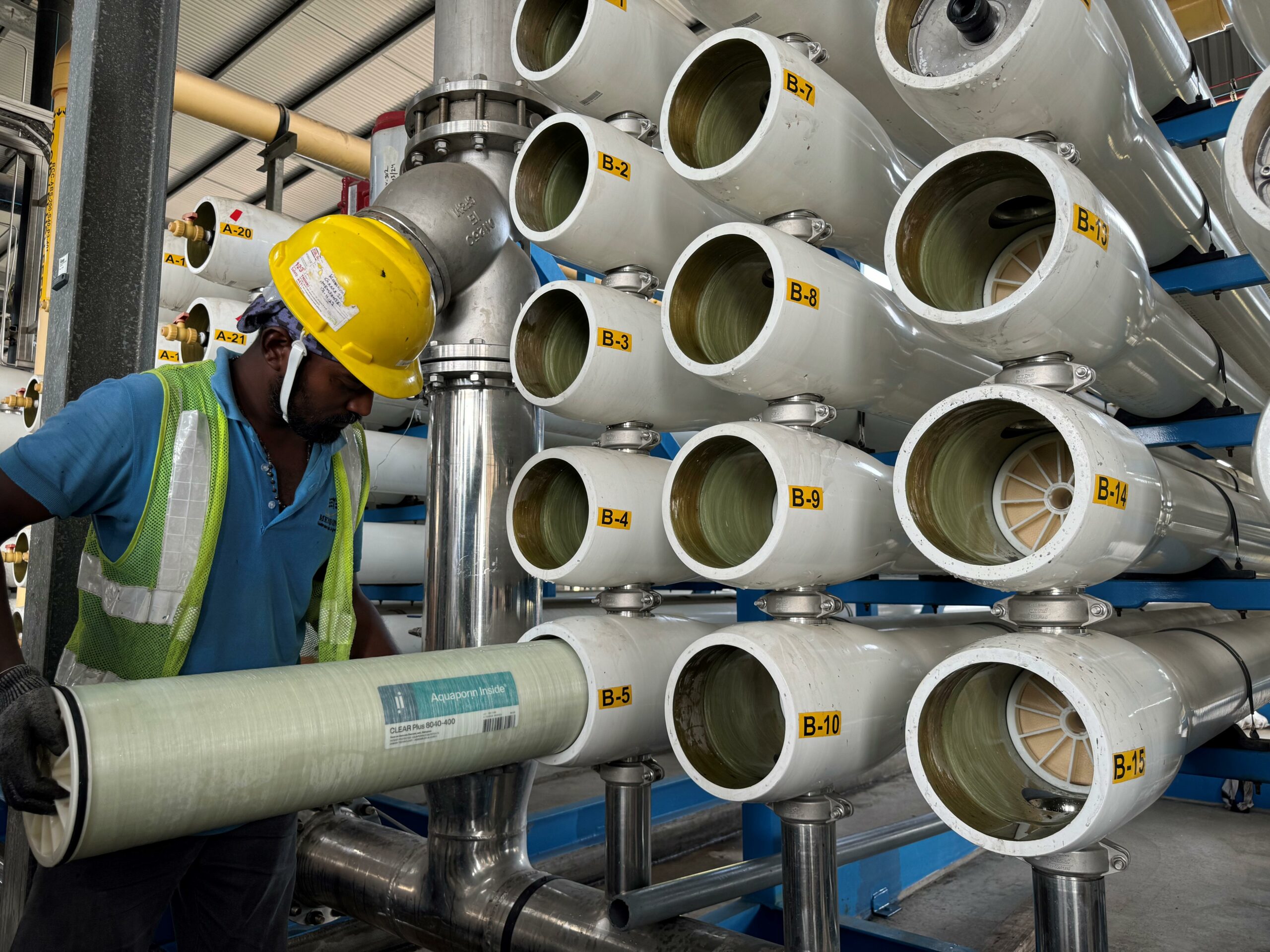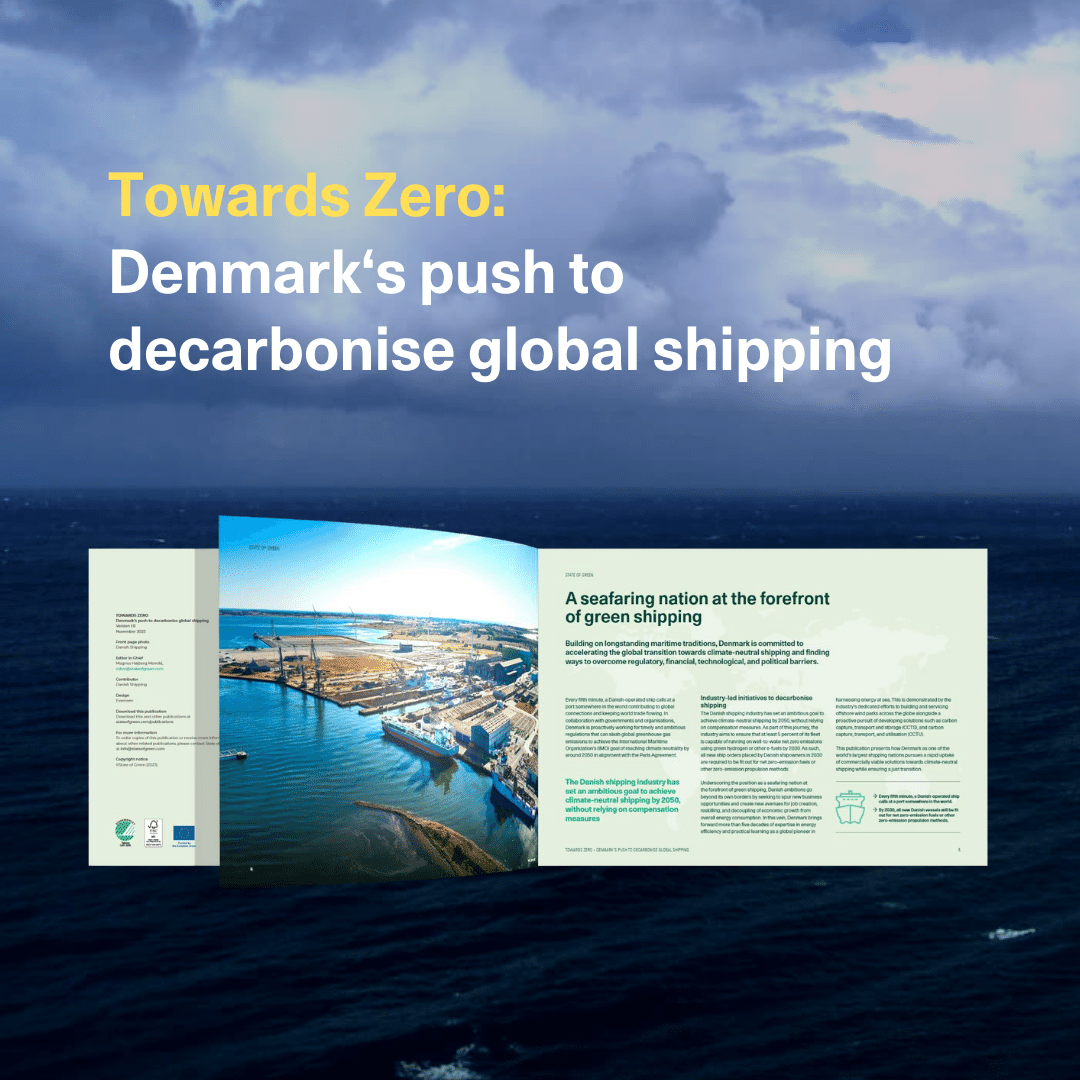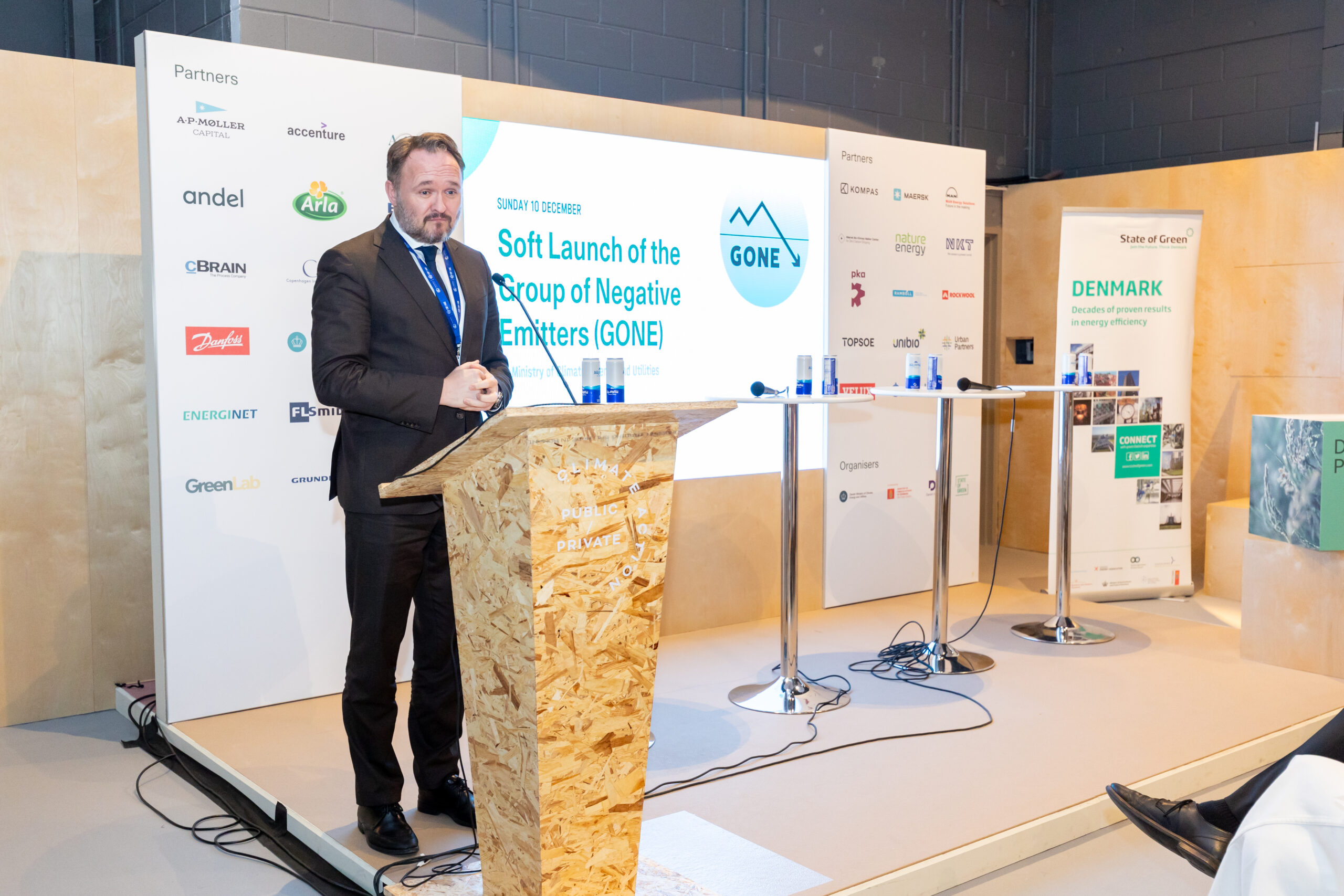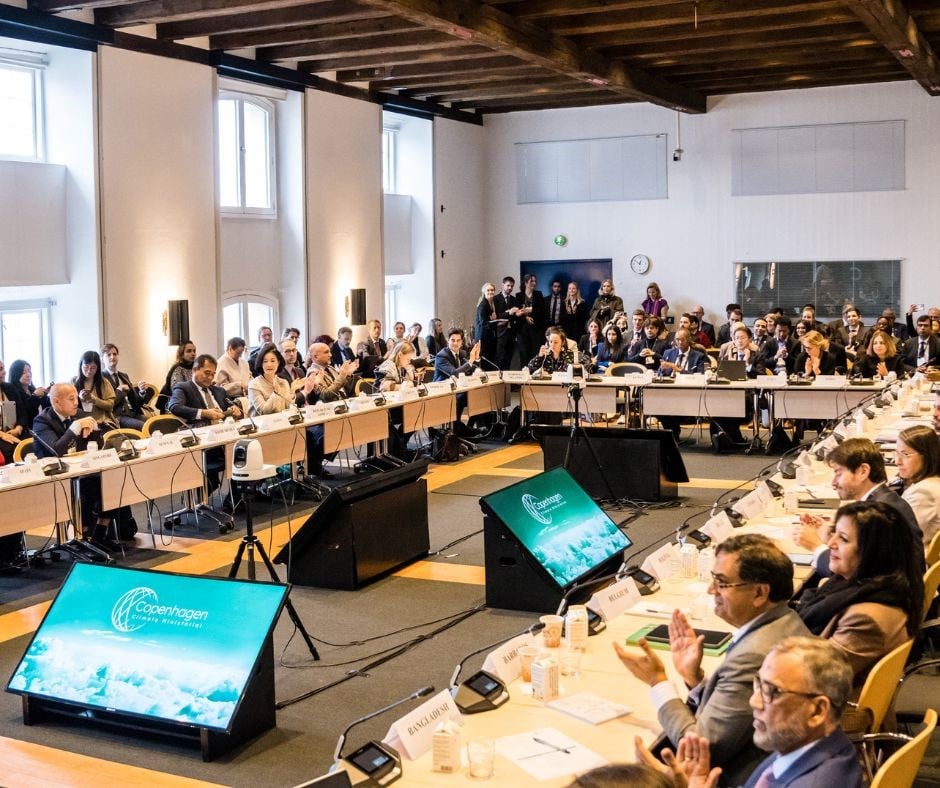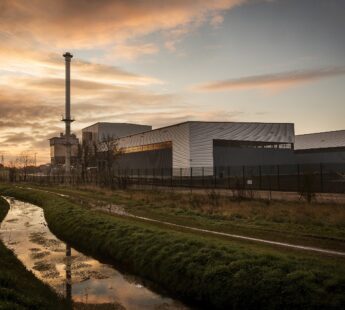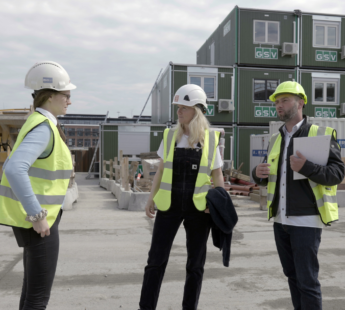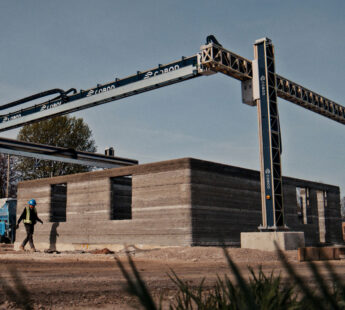News
Buildings
Circular building design
Circular construction
+3
Reducing expenses and CO₂ emissions through energy efficiency in buildings
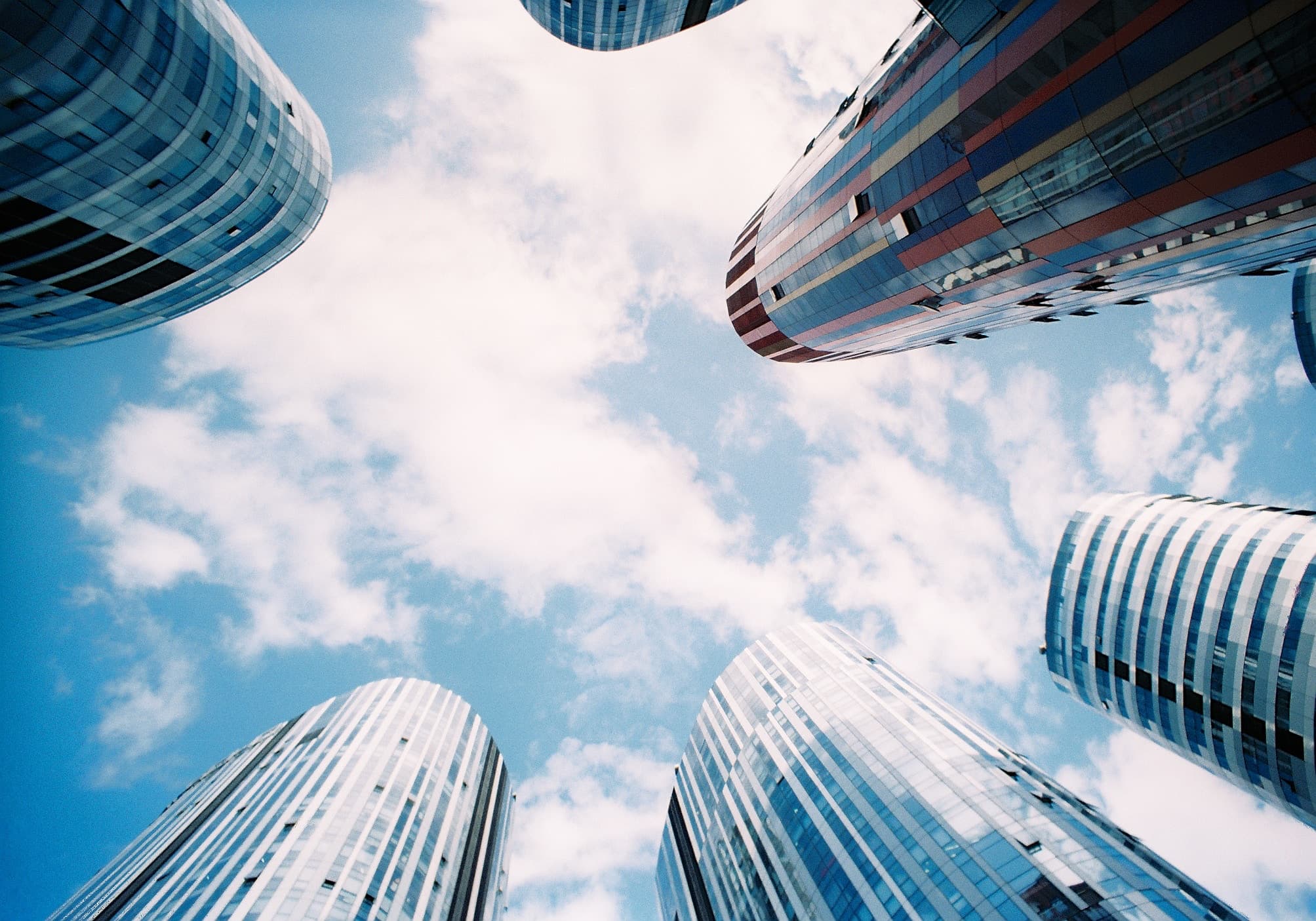

Buildings account for 40 % of global energy consumption. At the same time, discarded materials from construction and demolition account for around 30 % of waste generated in the EU. Existing solutions such as energy-efficient windows, insulation, heat regulators, ventilation systems, efficient pumps, smart meters and intelligent management systems can reduce energy consumption by at least 50 %. Sustainable architecture and circular construction based on sustainable building materials increase recycling and reduce waste. Preparing buildings to become more resilient to extreme weather events eliminates costly damages and ultimately save lives.
Energy savings in buildings
Buldings are one of society’s greatest energy consumers accounting for almost 40 % of global CO₂ emissions. Consequently, retrofitting existing buildings, introducing intelligent components and energy management as well as careful planning of new building construction will be a key priority for any country or community striving to lower energy expenses and CO₂ emissions. Energy efficiency in buildings has been a priority for Denmark for decades, and the country is now one of the most energy-efficient in the EU and the OECD. Energy-efficient solutions in buildings are widely implemented in newly built and refurbished housing, offices and public institutions across the country.
Intelligent buildings
Intelligent, energy-efficient buildings are expected to be an important part of future energy systems.Measurement, analysis and control are important prerequisites for effective energy management. Integrating energy-consuming components with energy-producing ones and incorporating intelligent buildings into the energy system saves energy costs and reduces CO2 emissions.
A holistic approach
An innovative building industry coupled with strict building codes and energy labelling has put Denmark in the lead when it comes to energy-efficient building. Optimal energy efficiency is achieved by combining a tight building envelope with energy-efficient technical installations. Several Danish companies are world-leaders in areas of:
- insulation
- windows
- pumps
- meters
- control electronics and
- other energy-saving technologies for buildings
Danish technology and know-how in the field of energy efficiency in buildings is applied not only in Denmark but all over the world, making a considerable positive impact on the bottom lines of companies and individuals striving for ways to save energy.
